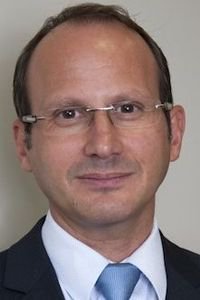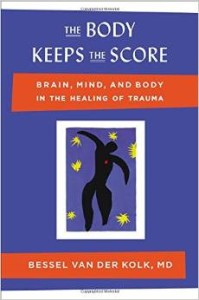 Professor Peter Gøtzsche is someone I hold in the highest regard. He is a Danish physician, a medical researcher, and co-founder of the Cochrane Foundation, a ‘British international charitable organisation formed to organise medical research findings to facilitate evidence-based choices about health interventions involving health professionals, patients and policy makers.’ (Wikipedia)
Professor Peter Gøtzsche is someone I hold in the highest regard. He is a Danish physician, a medical researcher, and co-founder of the Cochrane Foundation, a ‘British international charitable organisation formed to organise medical research findings to facilitate evidence-based choices about health interventions involving health professionals, patients and policy makers.’ (Wikipedia)
Peter has written extensively about mental health, the harms of psychiatric drugs, and the corrupting influence of the pharmaceutical industry. He has written a new book, Critical Psychiatry Textbook, which is being serialised by the excellent Mad in America website. A new chapter will be published on the website each Monday and an archive is maintained here.
For those of you interested in this area, the book will be well worth a read. Here is the first chapter below, original posted on the Mad in America website here:

 Some of you will will know that I believe that the biomedical approach to mental health—using drugs to treat what are considered to be biochemical disorders—causes more harm than good.
Some of you will will know that I believe that the biomedical approach to mental health—using drugs to treat what are considered to be biochemical disorders—causes more harm than good.













